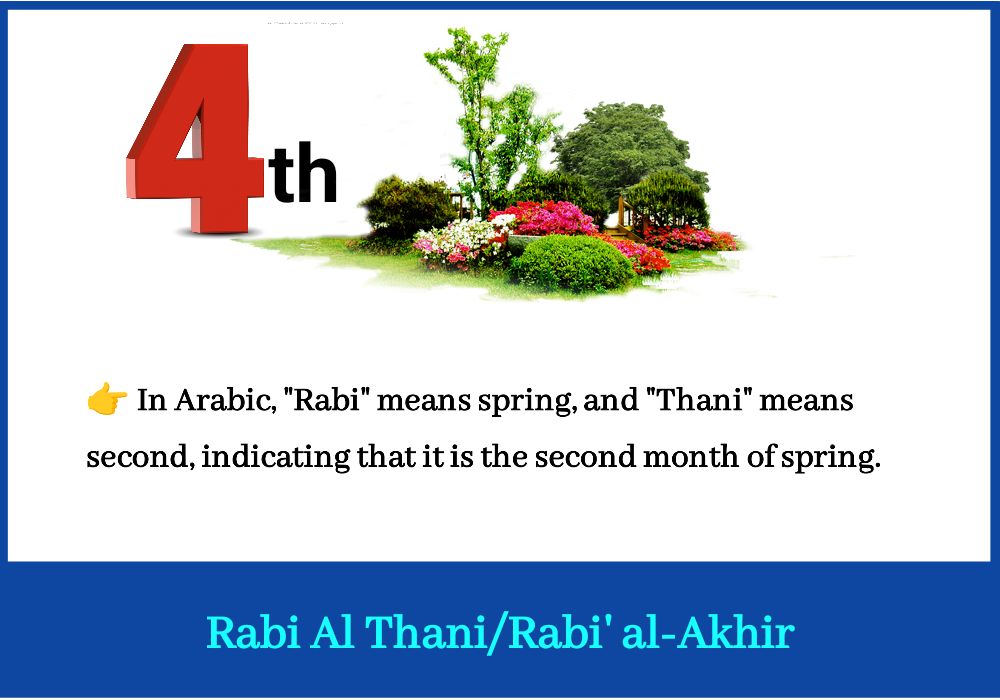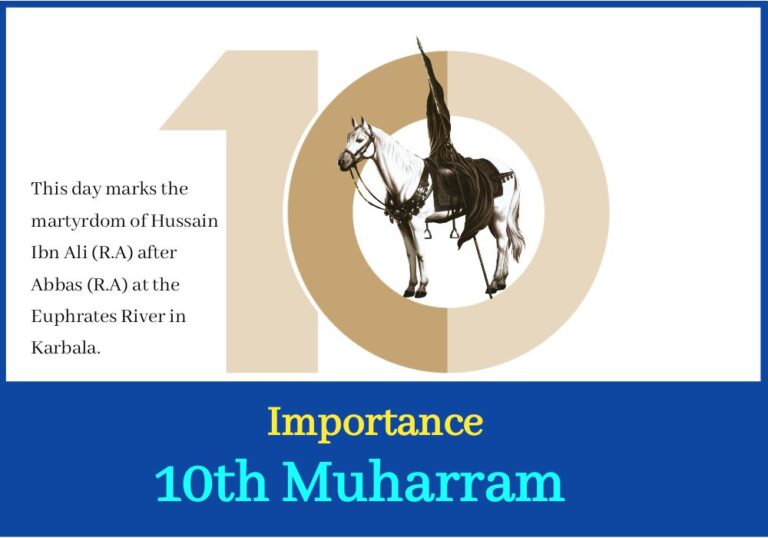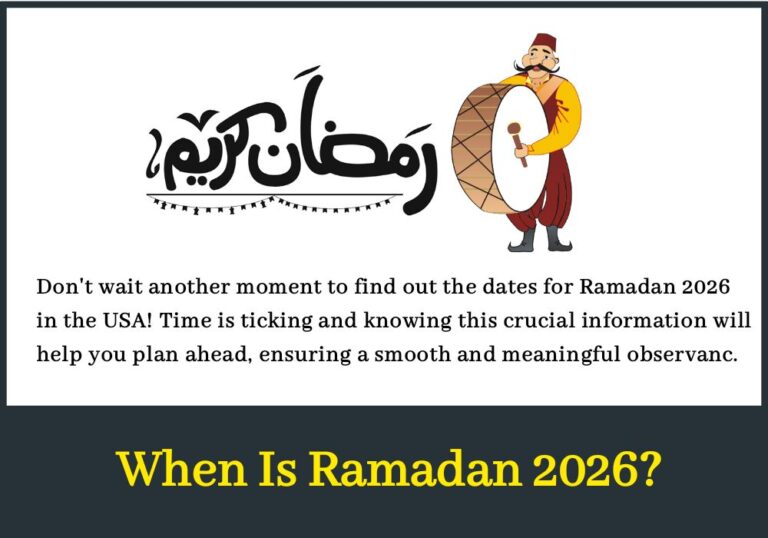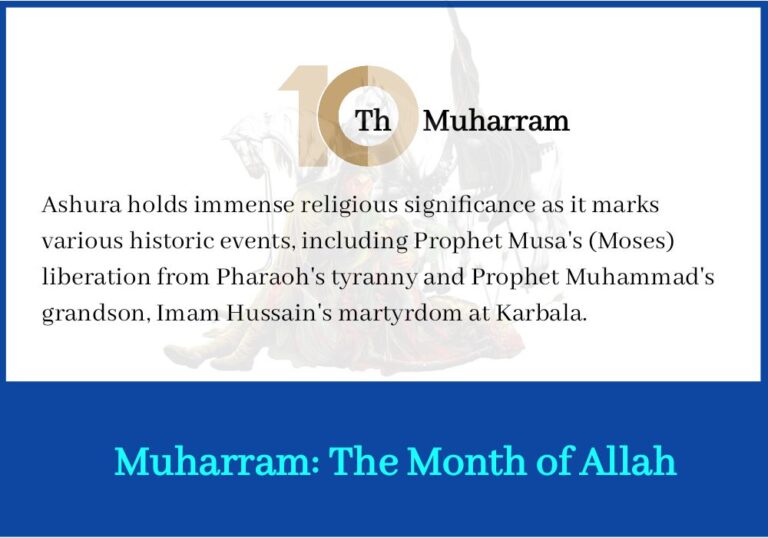Rabi Al Thani, also known as Rabi’ al-Akhir, is the fourth month in the Islamic lunar calendar. With its significance deeply rooted in Islamic traditions, this month holds a special place for Muslims worldwide.
In Arabic, it is referred to as “Rabi Al Thani,” which translates to “the second spring.”
This article explores the importance of Rabi Al Thani in Arabic culture and sheds light on its historical and religious significance.
This month, from commemorating significant events to engaging in acts of worship and reflection, offers a unique opportunity for Muslims to deepen their spiritual connection and strengthen their faith.
Let us delve into the mysteries and virtues of this sacred period within the Islamic calendar.
Rabi Al Thani, Which Month
Rabi Al Thani is the fourth month of the Islamic lunar calendar. It follows the month of Rabi Al Awwal and precedes the month of Jumada Al Ula.
In Arabic, “Rabi” means spring, and “Thani” means second, indicating that it is the second month of spring.
This month, Muslims commemorate significant events in Islamic history, such as the migration (Hijrah) of Prophet Muhammad from Mecca to Medina.
It is a time for reflection, gratitude, and seeking closeness to Allah through worship and good deeds. Muslims also fast, pray and recite the Quran during this auspicious period.
Overall, Rabi Al Thani holds great significance in the Islamic calendar as a time for spiritual growth and remembrance of important historical milestones in Islam.
Rabi Al Thani In Arabic
In Arabic, “Rabi” means spring, and “Thani” means second, indicating that it is the second month of spring.
During Rabi Al Thani, Muslims commemorate the birth and death anniversaries of Prophet Muhammad (peace be upon him) and other important figures in Islamic history. It is a time for reflection, prayer, and seeking spiritual growth.
What Happened In Rabi Al-Thani?
Rabi Al-Thani is the fourth month of the Islamic lunar calendar. It is a significant month for Muslims, but no specific events or historical occurrences are exclusively associated with this month.
However, it is essential to note that Rabi Al-Thani falls between two significant Islamic months: Rabi Al-Awwal and Jumada Al-Awwal.
During Rabi Al-Thani, Muslims continue their regular religious practices such as daily prayers, fasting (if it falls during the month of Ramadan), and recitation of the Quran.
Many Muslims also engage in additional acts of worship and reflection during this month to strengthen their spiritual connection with Allah.
While there may not be any specific events tied to Rabi Al-Thani, it serves as a reminder for Muslims to maintain their devotion and strive towards self-improvement throughout the year.
What is the Rabi Al-thani Importance?
Rabi Al-Thani is the fourth month of the Islamic lunar calendar. At the same time, it does not hold as much significance as other months, like Ramadan or Muharram, but it still holds some importance for Muslims.
A critical event in Rabi Al-Thani was the birth of Prophet Muhammad (PBUH).
Muslims worldwide celebrate this occasion by reflecting on his teachings and life and expressing gratitude for his role as the final messenger of Allah. It is a time to learn from his example and strive to follow his teachings daily.
Another significant event associated with Rabi Al-Thani is the migration (Hijrah) of Prophet Muhammad (PBUH) from Makkah to Madinah.
This event marked a turning point in Islamic history and symbolized establishing an Islamic society based on justice and equality. Muslims may take this opportunity to reflect on the importance of unity, brotherhood, and social responsibility within their communities.
While Rabi Al-thani may not be as widely celebrated or observed as other months, it still holds importance for Muslims due to these significant events.
It serves as a reminder of Prophet Muhammad’s (PBUH) life and teachings and provides an opportunity for reflection, learning, and spiritual growth.
Conclusion Points
Rabi Al Thani holds significant importance in the Arabic calendar. It is a month that calls for reflection and self-improvement as Muslims strive to follow the example of the Prophet Muhammad (peace be upon him) and enhance their spirituality.
The commemoration of important events like Imam Hassan al-Askari’s birth anniversary and Lady Fatima Zahra’s martyrdom adds an additional layer of significance to this month.
By understanding the historical context and embracing the teachings associated with Rabi Al Thani, individuals can deepen their faith and foster a stronger connection with Allah.
Let us seize this opportunity to engage in acts of worship, seek knowledge, and contribute positively to our communities during this auspicious month.







